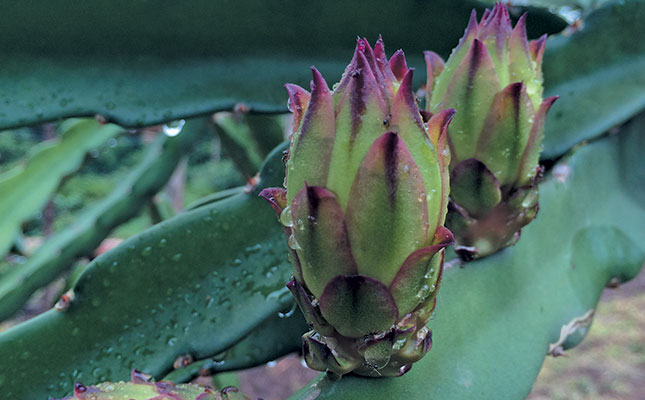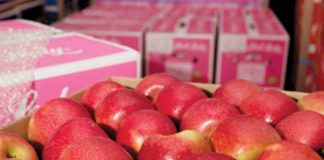
Photo: FW Archive
Investing in research and marketing for the dragon fruit industry is needed for this sector to realise its potential in terms of job creation and offering a feasible investment for small-scale farmers.
With dragon fruit being a relatively new crop in South Africa, very little information was available on local growing conditions.
Greater effort was also needed to market it to consumers, who were unfamiliar with the fruit.
CT van der Merwe, a dragon fruit farmer near Dendron in Limpopo, said at this stage, each farmer was doing what he or she could, but a collective effort was needed.
“We’d like to get a dragon fruit industry association off the ground so that we can raise funds and do the research and marketing on an industry level.”
He noted that the biggest issue was to introduce consumers to the uses and health benefits of the fruit, and then to get them to distinguish between the bland and sweet varieties.
“While both varieties have the same health benefits, there is a huge difference in taste. Unfortunately, once a consumer has tasted [the] bland fruit, they very rarely go back and buy another, so it kills the market.”
Emphasising the need to have an industry body, Lauren Strever, general manager of Amorentia Estate and Nursery in Tzaneen, said her company was working hard at promotions to educate consumers and give them the confidence to buy dragon fruit.
“Growers are pushing hard in this direction. Of those consumers who are not buying dragon fruit, we find that about half don’t know what dragon fruit is, and the rest have had a bad experience with bland fruit.”
The industry was currently looking into establishing an industry association under an existing industry body, as well as implementing a levy system to cover the cost of research and marketing.












